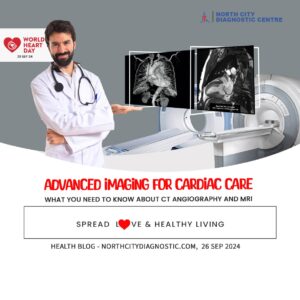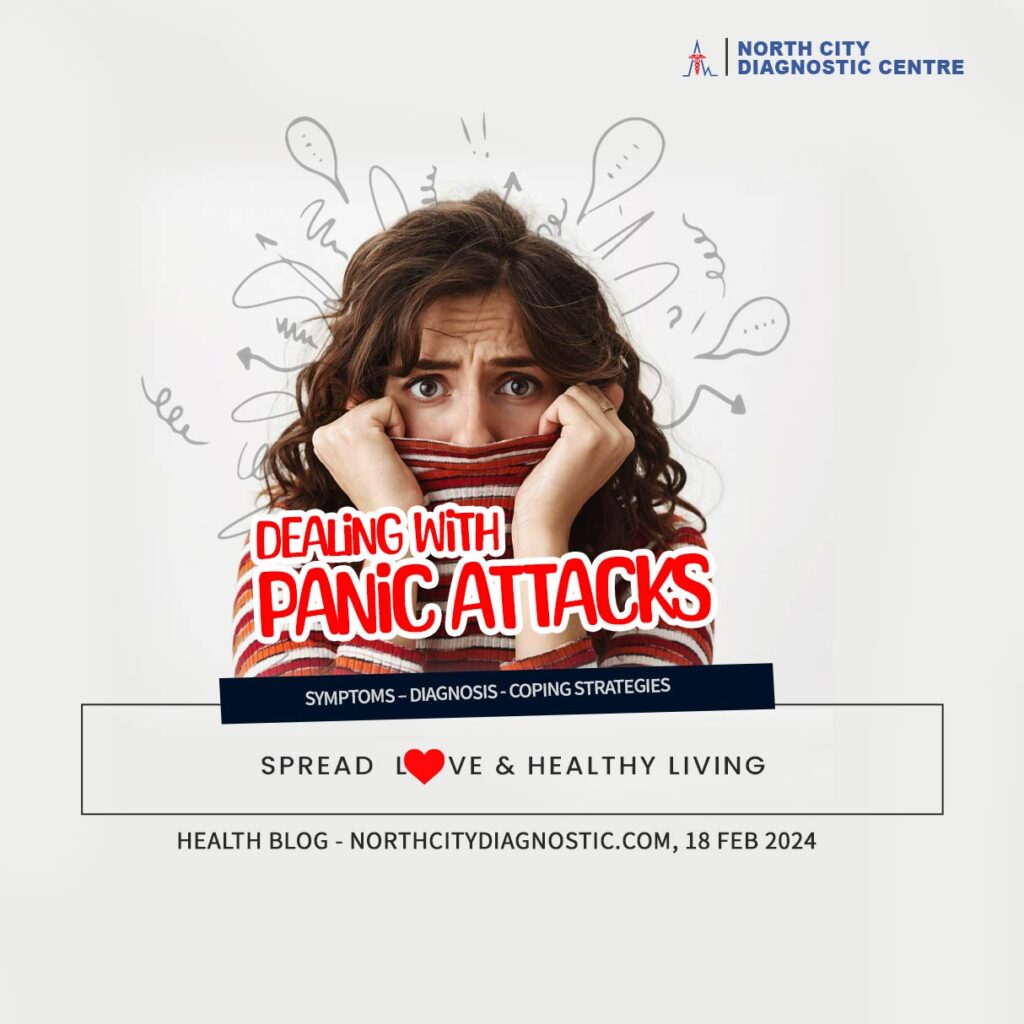
Menu
Panic attacks are incredibly distressing experiences that can leave individuals feeling overwhelmed and out of control. They typically arise suddenly and unpredictably, often without any apparent trigger or warning. During a panic attack, individuals may experience intense feelings of fear or apprehension, accompanied by a range of physical symptoms that can add to their distress. These can include a rapid heartbeat, sweating, trembling, and shortness of breath, among others. It is important to recognize the signs of a panic attack and learn effective coping strategies to minimize their impact and improve overall well-being.

“74% of Indians suffering from stress, 88% from anxiety”
– Indian Express
A panic attack is characterized by intense physical reactions to common, nonthreatening events as well as quick, transient sensations of anxiety. You can feel like your heart is pounding, sweat a lot, and have trouble breathing when you’re having a panic attack. You can have what seems like a heart attack.
Usually, panic episodes start abruptly and without warning. They can happen at any time, whether you’re in the middle of a business meeting, driving, in the mall, or asleep. You might experience panic episodes sometimes or often.
The symptoms of panic attacks might vary greatly, but they often peak in a matter of minutes. After a panic attack passes, you could feel exhausted and worn out.
Typically, panic attacks involve some of the following indications or symptoms:
Although panic attacks by themselves don’t pose a threat to your health, having them frequently can have negative effects on your quality of life in addition to other problems.
The primary distinction is that anxiety episodes can develop gradually and are frequently brought on by specific stimuli. Panic episodes, on the other hand, usually occur quickly and without warning.
Physical sensations like stomach knots or a pounding heart are frequently brought on by anxiety.
However, compared to a panic attack, which has extremely intense but transient symptoms, these symptoms are typically less intense and persist longer.
Typically, panic episodes last 5 to 20 minutes. However, some users have described attacks that lasted for up to an hour.
Finding the triggers for panic episodes can be challenging if you have anxiety. Managing your symptoms during a panic attack can be challenging because they sometimes happen for no apparent reason. It’s crucial to recognize any anxiety triggers you may have for this reason.
The top 10 panic attack triggers.
When your body senses immediate danger, your brain tells the autonomic nervous system to kickstart the ‘fight-or-flight’ response. This floods your body with chemicals like adrenaline, gearing you up for action. Your heart races, breathing quickens, and blood rushes to your muscles, readying you for combat or escape.
A panic attack happens when the ‘fight-or-flight’ response kicks in without any real threat. It can strike even in seemingly safe situations, like watching TV or sleeping.
Several things can trigger this response inappropriately:
The diagnosis of panic disorder, panic attacks, or a condition like heart or thyroid issues that mimics panic attacks will be made by a doctor.
To facilitate a diagnosis, you might have:
You could complete a questionnaire or psychological self-assessment. You might also be questioned about your usage of alcohol or other drugs.
It’s essential to seek professional medical advice if you experience panic attacks. A doctor can physically examine you and recommend diagnostic tests to determine if what you are experiencing is simply a panic attack and not a life-threatening condition.
There are some ways which can help you to cope.
If CBT, medication, and joining a support group don’t alleviate your symptoms, your doctor (GP) might recommend seeing a psychiatrist or clinical psychologist.
The expert will perform an evaluation and create a plan of care to assist you in controlling your symptoms.
At North City Diagnostic Center we offer personalized testing schedule that aligns with your medical history and risk factors. Consistent monitoring can be invaluable for early detection and effective management of arthritis. It’s not just about how often you test but making sure that the tests are aligned with your overall health profile for maximum benefit.
#PanicAttackAwareness #MentalHealthMatters #AnxietySupport #EndTheStigma #CopingWithAnxiety #YouAreNotAlone #MindfulnessMatters #SeekHelp #StayStrong #BreakTheStigma #NDC #HealthFirst #DiagnosticServices #NorthCityDiagnosticCentre #RoadmapToGoodHealth #Wellbeing #HealthandWellness
35-A ,Canal West Road
Near Gouri Bari Bus Stop
Kolkata – 700004.
Local: +91 33 6605 0888